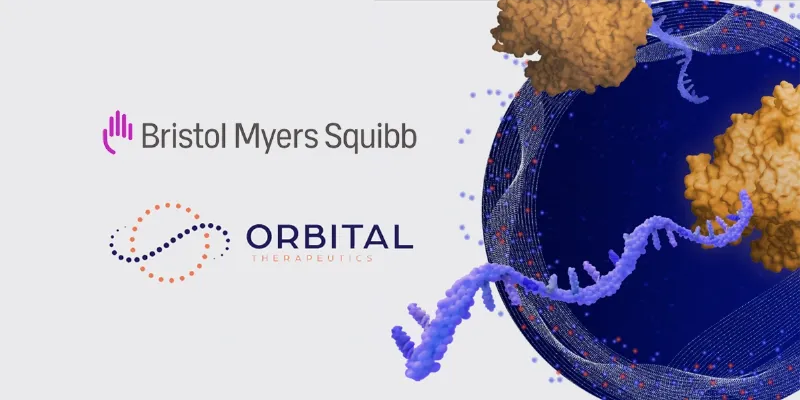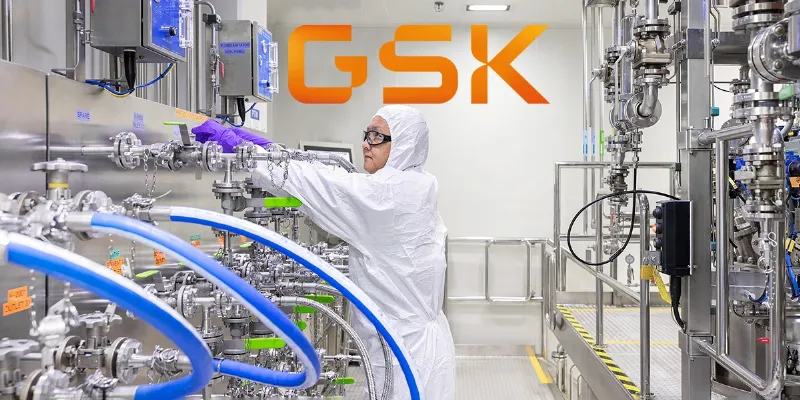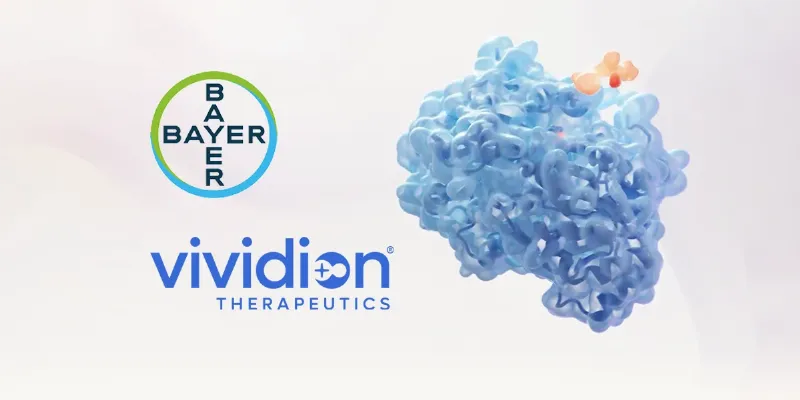In Vivo CAR T on the Horizon: BMS Acquires Orbital to Expand Cell Therapy Reach

10 October 2025
Bristol Myers Squibb (BMS) has announced the acquisition of Orbital Therapeutics, a privately held biotech specializing in RNA-based immune reprogramming, in a $1.5 billion cash deal. The move strengthens BMS’s position in cell therapy and signals a strategic leap toward developing in vivo chimeric antigen receptor (CAR) T-cell therapies—an emerging frontier with the potential to reshape treatment paradigms for autoimmune diseases.
The acquisition brings into BMS’s pipeline Orbital’s lead candidate, OTX-201, a preclinical in vivo CAR T-cell therapy designed to target CD19-expressing autoreactive B cells. Unlike conventional ex vivo CAR T-cell approaches, which require harvesting, engineering, and reinfusing a patient’s T cells, OTX-201 aims to reprogram T cells directly inside the body using a lipid nanoparticle (LNP) delivery system carrying a circular RNA construct.
“In vivo CAR T represents a novel treatment approach that could redefine how we treat autoimmune diseases,” said Dr. Robert Plenge, EVP, Chief Research Officer, BMS. “This acquisition enhances our robust cell therapy research platform and provides an opportunity to advance a potential best-in-class therapy designed to deplete autoreactive B cells and reset the immune system.”
If successful, OTX-201 could mark a pivotal shift in how CAR T-cell therapies are manufactured and delivered. The in vivo approach transforms the patient’s own body into a “living bioreactor,” producing engineered CAR T cells internally, which could substantially lower treatment complexity and cost while expanding access beyond highly specialized centers.
This model could also address one of the key challenges in today’s CAR T landscape: scalability. Traditional autologous CAR T-cell therapies, while clinically transformative for certain hematologic malignancies, remain logistically intensive, time-consuming, and costly to produce. By removing the need for ex vivo cell manipulation, in vivo CAR T systems like OTX-201 may streamline production and delivery, making cell-based immune modulation feasible for larger patient populations—particularly those with chronic autoimmune disorders.
Expanding BMS’s RNA and Cell Therapy Capabilities
Beyond OTX-201, the acquisition grants BMS access to Orbital’s proprietary RNA platform, which combines circular and linear RNA engineering with advanced LNP delivery systems and AI-driven design. This platform is designed to enable programmable RNA therapeutics that can be tailored to diverse disease mechanisms, potentially extending beyond immunology into oncology and other therapeutic areas.
A New Model for CAR T-Cell Therapy
“With the acquisition of Orbital Therapeutics and its next-generation RNA platform, we have an incredible opportunity to make CAR T-cell therapy more efficient and accessible to more patients,” said Lynelle B. Hoch, President of BMS’s Cell Therapy Organization. “As a leader in cell therapy, we are uniquely positioned to evaluate multiple different platform approaches to induce immune reset in autoimmune diseases and continue to optimize in vivo technology in clinical development.”
Strategic and Financial Details
Under the agreement, BMS will pay $1.5 billion in cash upon closing, pending standard regulatory approvals and satisfaction of customary conditions, including the expiration of the waiting period under the Hart-Scott-Rodino Antitrust Improvements Act. Until completion, both companies will operate independently. The final accounting treatment—whether classified as a business combination or asset acquisition—will be determined upon closing.
Orbital’s Perspective and Future Outlook
“This agreement with BMS, marks a transformational moment for Orbital and the advancement of RNA medicine,” said Ron Philip, Chief Executive Officer, Orbital Therapeutics. “Since inception, Orbital has made significant strides developing a differentiated RNA platform designed to enable a new generation of RNA medicines that reach more tissues, address more diseases, and benefit more patients. The promising early data from our lead program, OTX-201, underscore the strength of this approach and the potential of our integrated RNA technologies. Together, we aim to deliver RNA medicines that provide patients with treatments that are simpler, safer, and more accessible compared to today’s complex therapies.”
Clinical and Strategic Implications
While OTX-201 remains in the preclinical stage, its potential impact on autoimmune disease treatment is significant. If successful in early human studies, in vivo CAR T-cell therapy could represent a scalable, less invasive means to achieve durable immune modulation—potentially rivaling biologic and small-molecule immunotherapies that currently dominate the market.
BMS’s move reflects growing industry interest in in vivo cell engineering and RNA delivery as tools to overcome the manufacturing and accessibility barriers of current cell therapies. The acquisition also reinforces BMS’s long-term strategy of diversifying its immunology and cell therapy portfolio beyond oncology, a space where the company already holds leadership positions with commercialized CAR T products.











Comments
No Comments Yet!